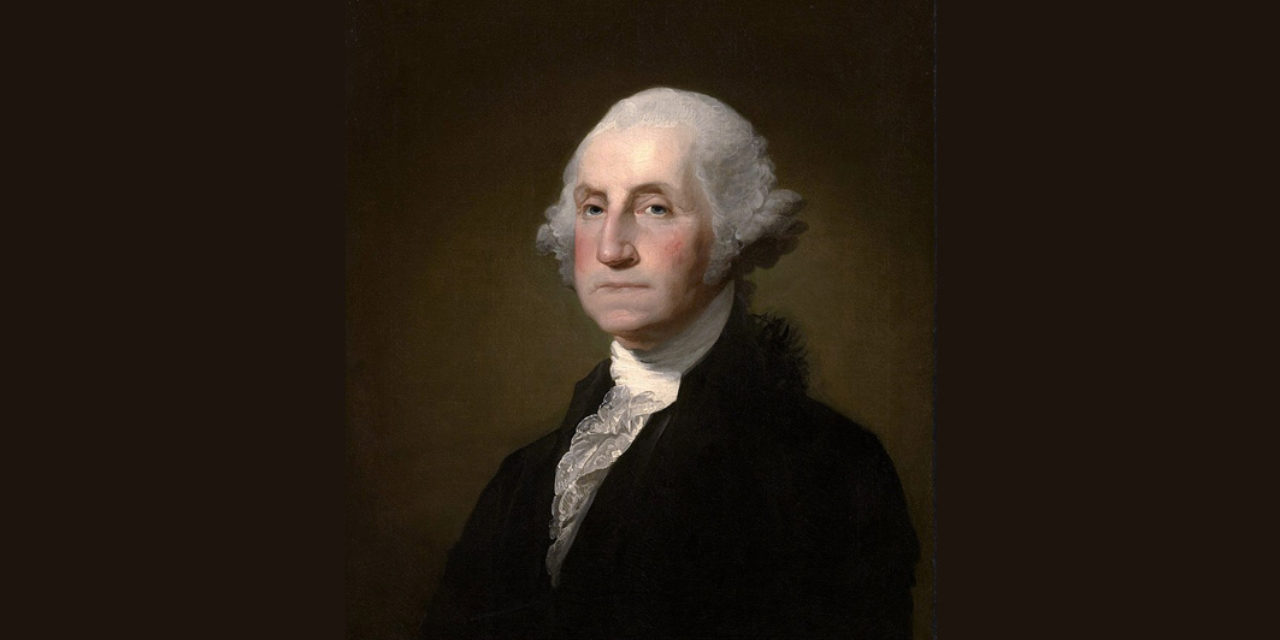We all learned in elementary school that the American holiday known as “Thanksgiving” has its roots in the Pilgrims’ survival of their first winter in the New World and successful harvest in 1621. They celebrated with a community meal, joined by local Native Americans. Names like Plymouth, Miles Standish, Squanto and Massasoit are familiar parts of the story. Although there is no historical evidence the Pilgrims actually “gave thanks” in prayer for the meal, the entire event, framed in our history by the nature of the Pilgrims’ search for religious freedom, has become an enduring symbol for generations of thankful Americans.
Yet, Thanksgiving is more than harvests, family dinners, and celebrations of the Pilgrims’ triumph over hardship. Indeed, Thanksgiving is also associated with the U.S. Constitution, the Bill of Rights, and God’s sovereign role in overseeing the founding — and survival — of the then-young nation.
In 1789, the nascent country was off to a fresh start. The Constitution, drafted at a convention two years earlier in Philadelphia, had been ratified by 11 states, and the first Congress sat down to begin the business of legislating. Many of the states that had ratified the Constitution had requested amendments guaranteeing the freedoms they had all fought for in the war for independence from England, and the new Congress worked through the summer to create that document. By the end of September of that year, Congress finished a draft of twelve* amendments, which were delivered to President George Washington with a request to submit them to the states for ratification.

Congress also asked the president to do something else. A special committee, formed from both the U. S. House and Senate, asked President Washington to issue a proclamation, declaring a national Day of Prayer and Thanksgiving. Washington complied within a few days, and the opening paragraph of his proclamation sets the tone and explains its purposes:
“Whereas, it is the duty of all Nations to acknowledge the providence of Almighty God, to obey his will, to be grateful for his benefits, and humbly to implore his protection and favor — and, whereas, both Houses of Congress have by their joint Committee requested me to recommend to the People of the United States a day of public thanksgiving and prayer to be observed by acknowledging with grateful hearts the many signal favors of Almighty God, especially by affording them an opportunity peaceably to establish a form of government for their safety and happiness.”
Look again at the remarkable truth that Washington is proclaiming: It is the “duty of all nations” to acknowledge God, obey Him and be grateful for what He has done. What a powerful statement!
And, further on in the proclamation, Washington returns to his theme of thanking God for the founding documents of our young nation:
“… for the peaceable and rational manner, in which we have been enabled to establish constitutions of government for our safety and happiness, and particularly the national One now lately instituted — for the civil and religious liberty with which we are blessed. …”
Washington set Nov. 26, 1789, as the date Americans would “unite in most humbly offering our prayers and supplications to the great Lord and Ruler of Nations.” The entire proclamation is worthy of serious reflection by all Americans. So, as we gather with family and friends this Thanksgiving, let us thank God for how He has blessed this country with a form of government we’ve enjoyed for the last 224 years!
*The first two draft amendments, dealing with apportionment of the House and congressional salaries, did not receive sufficient state votes for ratification. The remaining 10 amendments were ratified on Dec.15, 1791.






